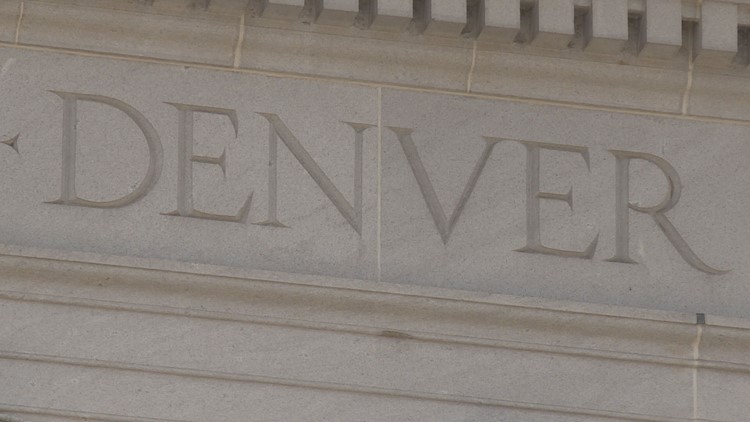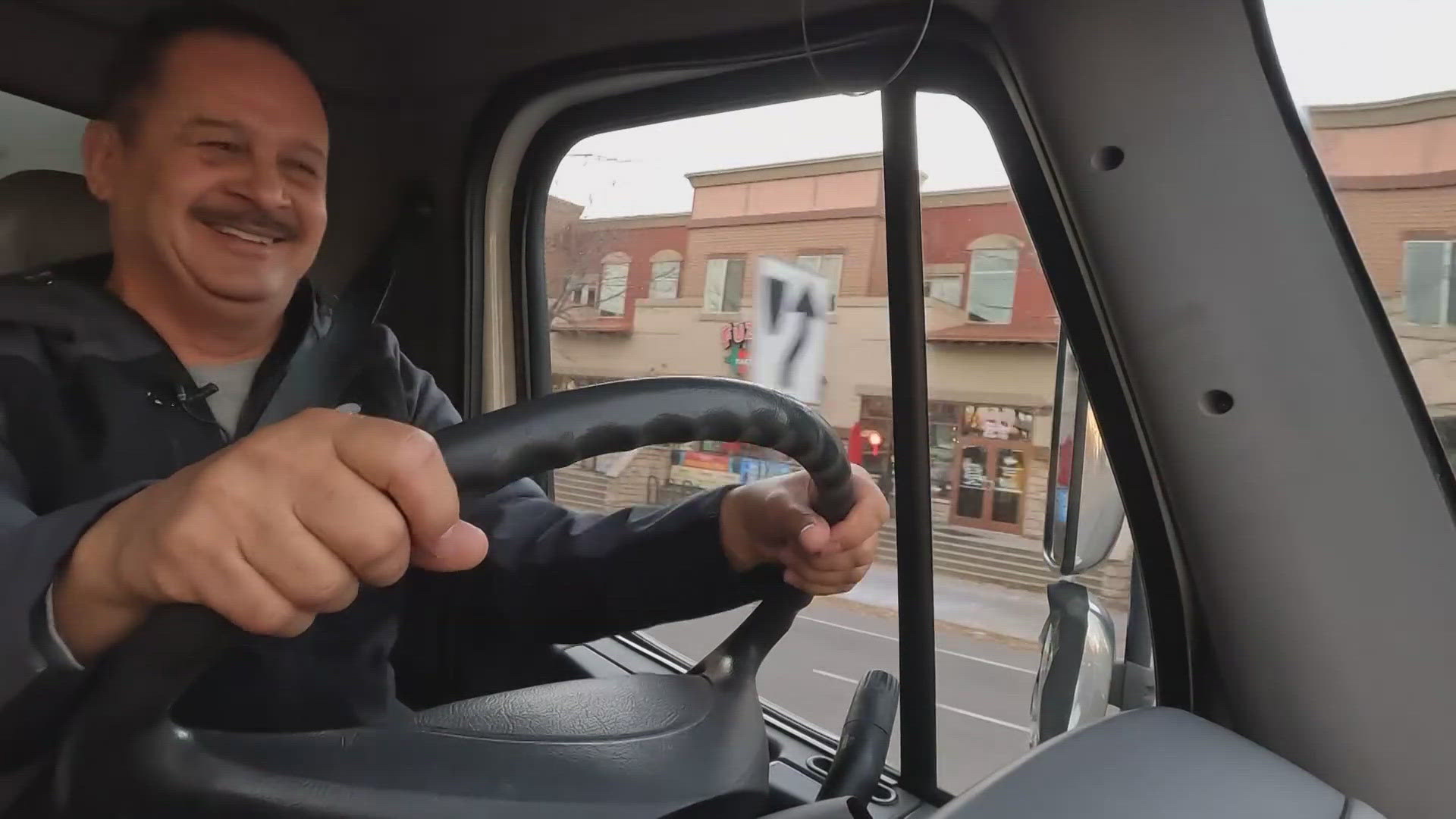DENVER — Voters will get to decide if they want to get big money out of politics.
It will only take their own money to do so.
A group called Democracy for the People has a citizen-initiated ordinance on the November ballot in Denver.
The ordinance would impact candidates running for Denver city offices (mayor, city council, clerk and auditor):
- Ban corporation and business contributions
- Lower the maximum contribution amount
- Create a matching taxpayer fund
"It's a way to invest our public resources in something that hopefully people think is a public good," said Owen Perkins of Democracy for the People.
Here's how it would affect the bank accounts of candidates running for office in Denver.
Candidates are currently allowed to receive the following maximums:
- MAYOR: $3,000
- AUDITOR: $2,000
- COUNCILMEMBER-AT-LARGE: $2,000
- JUDGE: $2,000
- CLERK AND RECORDER: $2,000
- DISTRICT COUNCILMEMBER: $1,000
Under the proposed ordinance the maximums would become:
- MAYOR: $1,000
- AUDITOR: $700
- COUNCILMEMBER-AT-LARGE: $700
- JUDGE: $700
- CLERK AND RECORDER: $700
- DISTRICT COUNCILMEMBER: $400
If the candidate wanted to benefit from a taxpayer-funded matching program, they wouldn't be allowed to receive a contribution higher than:
- MAYOR: $500
- AUDITOR: $350
- COUNCILMEMBER-AT-LARGE: $350
- JUDGE: $350
- CLERK AND RECORDER: $350
- DISTRICT COUNCILMEMBER: $200
The ordinance would create a Fair Elections Program that candidates could receive taxpayer money to fund their campaigns.
If they stayed below the maximum allowed limits of $500 for mayor, $350 for auditor, councilmember-at-large, judge, clerk and $200 for district councilmember, then they would meet one of the criteria to be eligible for a match. The other criteria is that mayoral candidates have to receive at least 250 individual contributions to qualify, while other city office candidates would only need 100 individual contributions. If those two criteria are met, they would be eligible for the match. Candidates running unopposed are not eligible for city funds.
For candidates who qualify, the breakdown of the match is as follows:
- For every one dollar contributed, the city would match nine dollars.
- If a person contributed two dollars, the city would provide $18.
- If a person contributed $50 or more, the city would provide $450 as a match.
"Your $50 turns into $500," said Denver City Councilman Kevin Flynn. "The object is to put more money into the candidates' campaign, but it comes from ordinary people. It comes from neighborhood people."
Flynn is helping Democracy for the People modify its own ordinance before it ends up in front of voters.
"It made the ballot for this November, but it made it in a form that is not only difficult to implement by the city, but in some aspects, it's actually impossible to implement," said Flynn.
For example - as it is written currently - if passed in November, it would take effect in January, before the 2019 city election. However, candidates have already started receiving contributions, thus eliminating themselves from being eligible for the city match. The clerk and recorder's office has also said it wouldn't have enough time to implement the new rules.
City Council is working on an updated version that will end up on the November ballot instead, which would delay the implementation until 2020. Council approved the new language at a meeting tonight and will need to again next week, and if it passes council, Democracy for the People will withdraw their citizen-initiated ordinance.
"I'm going to vote tonight and next week to put it on the ballot in place of the one that's already there. In November, I'm going to vote no," said Flynn.
The councilmember who is spearheading the change to make it manageable if voters pass the ordinance is also against the proposal altogether.
"Even though I oppose public financing of city elections, I oppose taxpayer money going into my campaign and anyone else's campaign, I do support the notion that the people get to choose," said Flynn. "If they tell me that they want their money spent this way, then I support it, and I have had a hand in making that system workable and replacing one that just simply would not work."
How does the city have money to pay for campaigns of people who want to run the city?
If you ask Democracy for the People, they have more than enough that anyone could ask them to spend.
"There are adequate, really substantial reserves in the Denver general fund budget to cover this kind of thing," said Perkins.
"This is money that's not being spent anywhere else that a group of citizens have identified as a great need," said Perkins. "I would encourage people to raise their voices and ask that money be spent where people identify serious needs for it. That money is there if they want to spend it on roads."
According to Perkins, if this were in place for the 2015 election, the 50 candidates who ran for city office would have been eligible for almost $2 million in public funding for their campaigns.
If passed, this ordinance would set aside a maximum of $8 million in the fund.
Maximum match allowed by candidates:
- MAYOR: $750,000
- AUDITOR: $250,000
- COUNCILMEMBER-AT-LARGE: $250,000
- JUDGE: $250,000
- CLERK AND RECORDER: $250,000
- DISTRICT COUNCILMEMBER: $125,000
"That $8 million, I could use right out here to pave Dartmouth Avenue. I could use to hire a few more police officers. There's a lot of needs around the city," said Flynn. "Parks maintenance, police, fire, library, you name it."
The city is also working on a policy requiring candidates to pay back the city funds not used when the election is complete.



